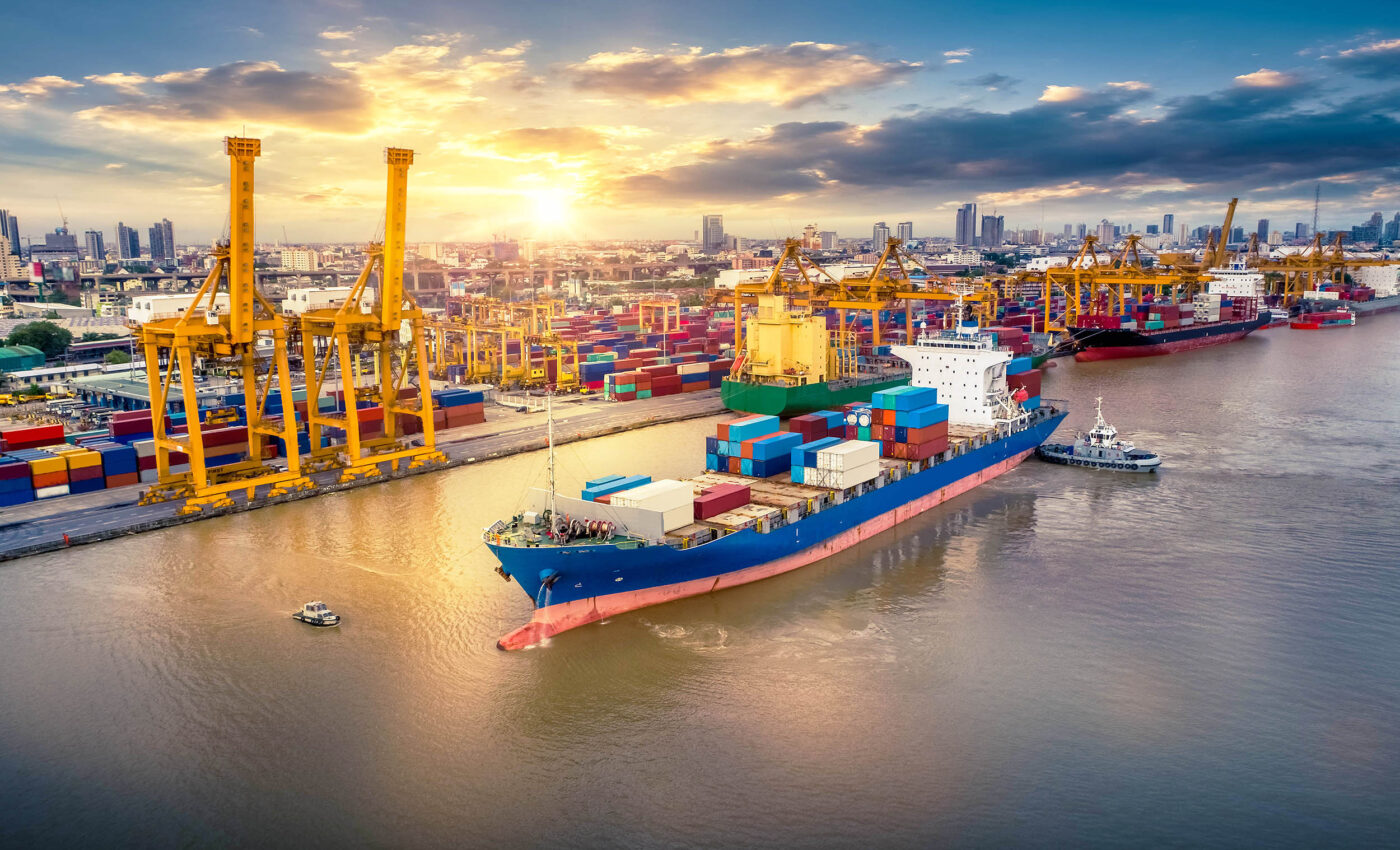
Global shipping disruptions impacting hundreds of millions of lives
The United Nations Conference on Trade and Development (UNCTAD) recently highlighted the critical challenges facing global trade due to disruptions in key maritime shipping routes.
In its report, “Navigating Troubled Waters: The Impact to Global Trade of Disruption of Shipping Routes in the Red Sea, The Black Sea, and the Panama Canal,” UNCTAD delves into how geopolitical strife, climate change, and specific incidents are reshaping trade patterns worldwide.
Navigating global trade and shipping disruptions
Recent attacks on shipping in the Red Sea have notably disrupted traffic through the Suez Canal, adding to the global trade pressures already compounded by the conflict in Ukraine affecting the Black Sea.
This has prompted shifts in vital oil and grain trade routes, disturbing long-established patterns of maritime commerce.
Additionally, the Panama Canal faces its own set of challenges, with diminishing water levels threatening this crucial link between the Atlantic and Pacific Oceans. This situation has raised alarms about the resilience and reliability of global supply chains.
The statistics are telling: UNCTAD reports a 42% decrease in Suez Canal transits from peak levels.
This significant drop is due to major shipping companies pausing their use of this route, leading to a 67% fall in weekly container ship transits and notable declines in container capacity, tanker transits, and gas carriers.
The Panama Canal has also seen a dramatic 49% reduction in total transits from its peak numbers.
Economic and environmental costs
This rerouting around traditional paths like the Suez Canal to alternatives such as the Cape of Good Hope incurs both economic and environmental costs, placing additional burdens on developing economies.
The spike in average shipping container spot freight rates since November 2023 underscores this trend, with rates experiencing the highest weekly increase in December, and continuing to rise sharply into the new year.
Rates from Shanghai have more than doubled, with even steeper increases to Europe and significant rises to the U.S. West Coast.
The avoidance of the Suez and Panama Canals in favor of alternative routes has led to longer travel distances for cargo, escalating trade costs, insurance premiums, and greenhouse gas emissions.
This is a concern not only for global commerce but also for environmental sustainability.
Alternative global shipping routes
The importance of these canals cannot be overstated, especially for countries reliant on them for their foreign trade.
For instance, the Panama Canal is crucial for South American countries like Chile, Peru, and Ecuador, with a significant portion of their trade volumes depending on this route.
Similarly, East African nations such as Djibouti, Kenya, Tanzania, and Sudan heavily depend on the Suez Canal for their foreign trade, highlighting the global impact of these disruptions.
UNCTAD warns of the broader economic implications of these ongoing disruptions, including threats to global supply chains, potential delays in deliveries, rising costs, and inflation.
Environmental impact of global shipping vessels
The energy sector is also feeling the pinch, with halted gas transits leading to surging prices and implications for food security due to disrupted grain shipments.
The shipping industry, which had moved towards slower speeds to cut fuel costs and emissions, now finds itself increasing speed to maintain schedules, resulting in higher fuel consumption and greenhouse gas emissions.
UNCTAD estimates that this could lead to a 70% increase in emissions for certain routes, underscoring the environmental toll of these disruptions.
Developing countries, in particular, are at risk from these changes, prompting UNCTAD to call for swift adaptation by the shipping industry and robust international cooperation.
The current situation highlights the vulnerability of global trade to geopolitical and climate-related challenges, stressing the need for collective action to find sustainable solutions, especially for those countries most at risk.
Building resilient global trade routes for the future
In summary, the disruptions affecting key maritime shipping routes underscore a critical juncture for global trade, compelling the shipping industry and international community to swiftly adapt and collaborate.
The recent UNCTAD report highlights the urgent need to navigate through the challenges posed by geopolitical tensions and climate-related issues that threaten the resilience of global supply chains.
By focusing on the economic and environmental costs, the dependency of countries on strategic canals, and the surge in freight rates, it calls for collective efforts towards sustainable solutions.
Ensuring the stability and efficiency of global trade routes demands not just immediate action but also a long-term commitment to innovation, cooperation, and resilience, paving the way for a more secure and sustainable future in global commerce.
—–
Like what you read? Subscribe to our newsletter for engaging articles, exclusive content, and the latest updates.
—–
Check us out on EarthSnap, a free app brought to you by Eric Ralls and Earth.com.
—–













